Student commitment increases when solving real-life sustainability cases
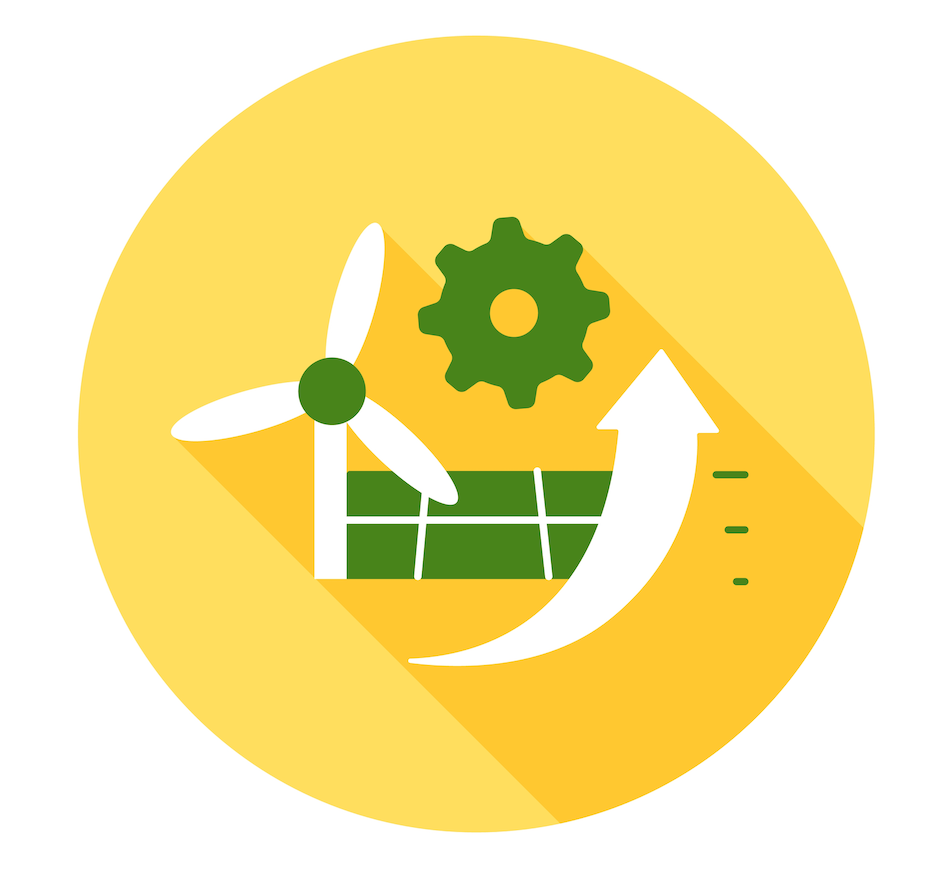
(Photo: Shutterstock)
This summer, 500 students took an exam on Power-to-X cases fuelled by real data from Vestas. These hot, contemporary topics and real business cases fired up the students’ enthusiasm.
Last year, the CBS management decided that, up to spring 2023, more than 3,000 students should learn to analyse and discuss organisational Power-to-X issues.
This summer, the first 500 students studying for a BSc in Business Administration and Economics (HA-Almen) were examined in green power conversion, or Power-to-X, cases from actual businesses.
And working on concrete, real-life cases, rather than generic fictional cases, was a positive experience for examiners and students alike, Eric Bentzen, Associate Professor and one of the examiners, explains.
Carsten Scheibye, Programme Director, Department of Operations Management adds: “We are aiming to broaden the scope of the Power-to-X trial.”
“We now want to anchor Power-to-X as a framework more specifically on the selected trial programmes and to cement how managerial economics is relevant to major topical challenges. Our students should not just lead but also transform the industry, and we should be able to create awareness of societal issues,” he says.
The CBS management agrees with this sentiment, which aligns with its Nordic Nine ambitions regarding student capabilities.
Real-life cases make students more attentive
Vestas, a leading global manufacturer of wind turbines and a major Power-to-X player, had agreed to make its data available to the students, to the great pleasure of both examiners and students:
“Firstly, we see less simple responses from students when we introduce actual company cases. That is because the cases contain great variations and potential pitfalls that students need to consider. And secondly, lecturers, examiners and students find these types of cases more interesting,” Eric Bentzen explains.
“When the cases are topical and involve actual businesses, we also see that students are much more dedicated. They are more attentive, spend significantly more time on the cases, and ask more and better questions. In turn, this also keeps lecturers and examiners on their toes,” he says.
Twelve cases were used. One involved a subcontractor tasked with delivering a certain number of units and how to best achieve that goal. Another dealt with simultaneous and equilibrium pricing using solar, wind energy and Power-to-X.
The students had three days to write their papers on one of the cases concerning Vestas’ Power-to-X operations. A few weeks later, they had to defend and elaborate on their solution.
On the edge of their seats
According to Eric Bentzen, the lecturers had to keep up with political debates and real-time developments more than usual during the course.
“Dealing with such a topical theme meant that students could look out of the window to see the impact of Power-to-X. And it fired them up to ask more questions and ponder their impact. They are eager to finish their studies and make a real difference for companies,” he says.
“That makes it both more challenging and fulfilling to teach classes. The students were literally on the edge of their seats for the entire course. And that is a rewarding feeling post-COVID.”
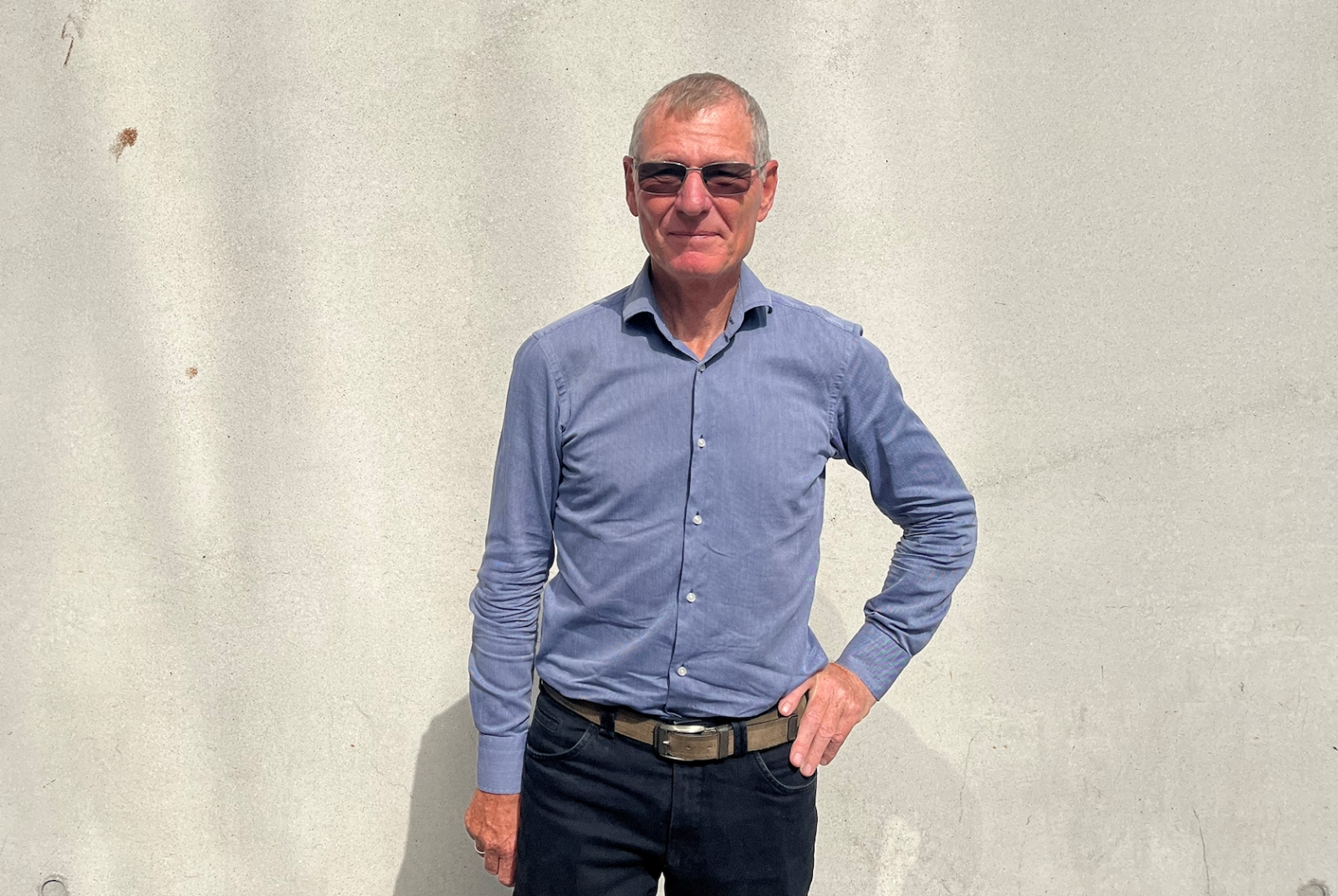
Another company, yet to be named, has already agreed to share its data, Eric Bentzen reveals.
“I started mapping the company and its data in March to prepare a new case for the winter exam. Students will have many new factors to add to their equations. We are trying to broaden the horizon of managerial economics,” he says.
Students should possess ‘societal challenge literacy’
Hanne Harmsen, Vice Dean for Green Transition at CBS, salutes introducing Power-to-X cases into examination situations.
She believes it shows how CBS students can join in solving overarching societal challenges. This aligns with CBS’Nordic Nine strategy, which aims to give students transformative skills.
Our students should not just lead but also transform the industry
Carsten Scheibye, Programme Director
“Making our students do case studies on primary green technologies feeds into our ambition to improve their societal challenge literacy. They should be familiar with the concepts that the industry is discussing,” she says.
Hanne Harmsen underlines that the CBS management does not intend to have all students take courses on Power-to-X or similar sustainability trends or help business students specialise in Power-to-X, for a very good reason.
“It’s like being an economics student and knowing about bitcoins. You would perhaps not take an entire course on bitcoins or read about the topic in your economics 101 textbooks. Yet, keeping up with trends is essential. It is the same with Power-to-X. If we can help our students to use their familiarity with sustainability terms and trends to contribute to and innovate businesses and organisations, then CBS has done an excellent job.”



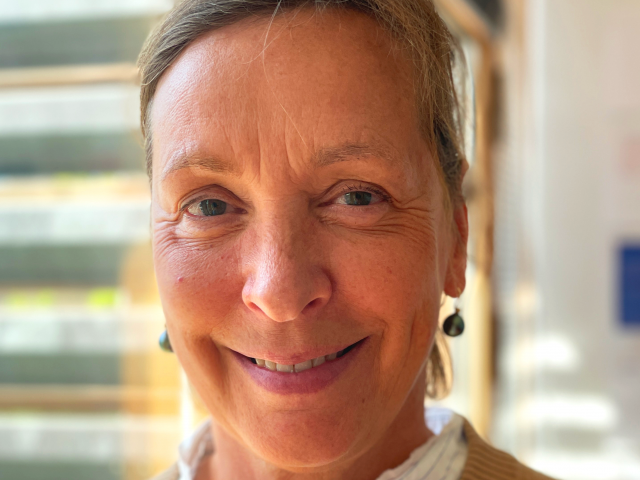
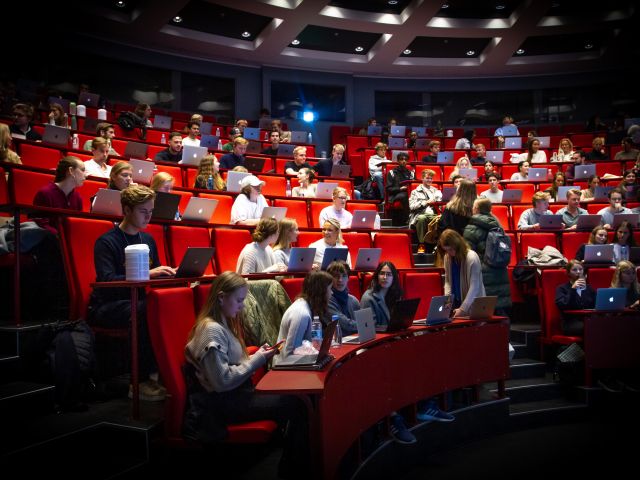
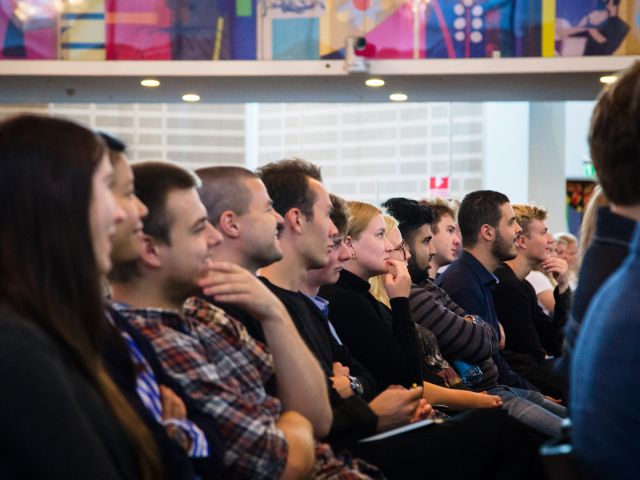
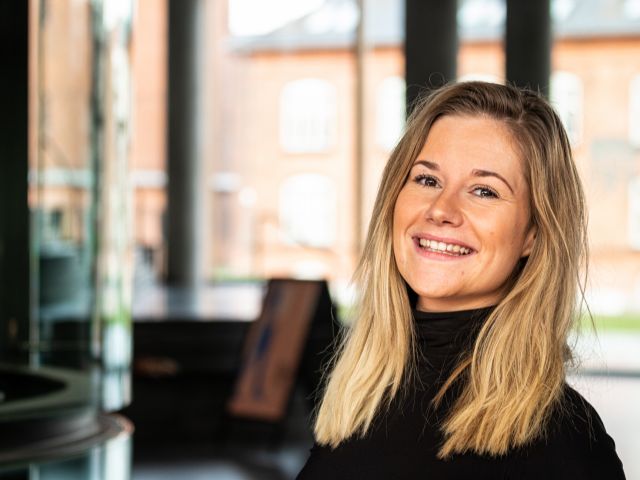

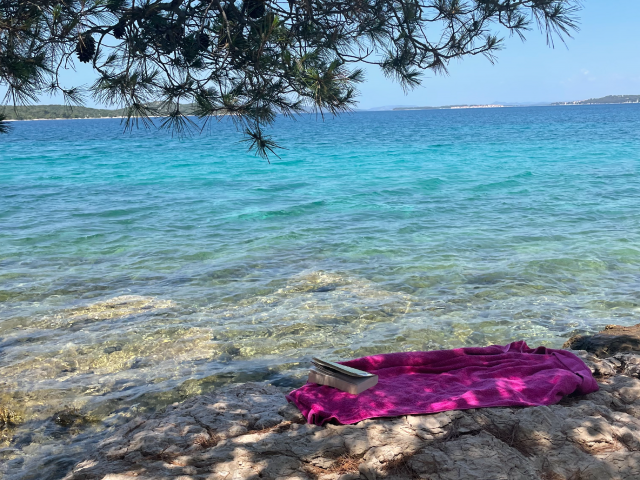




























































































































Comments